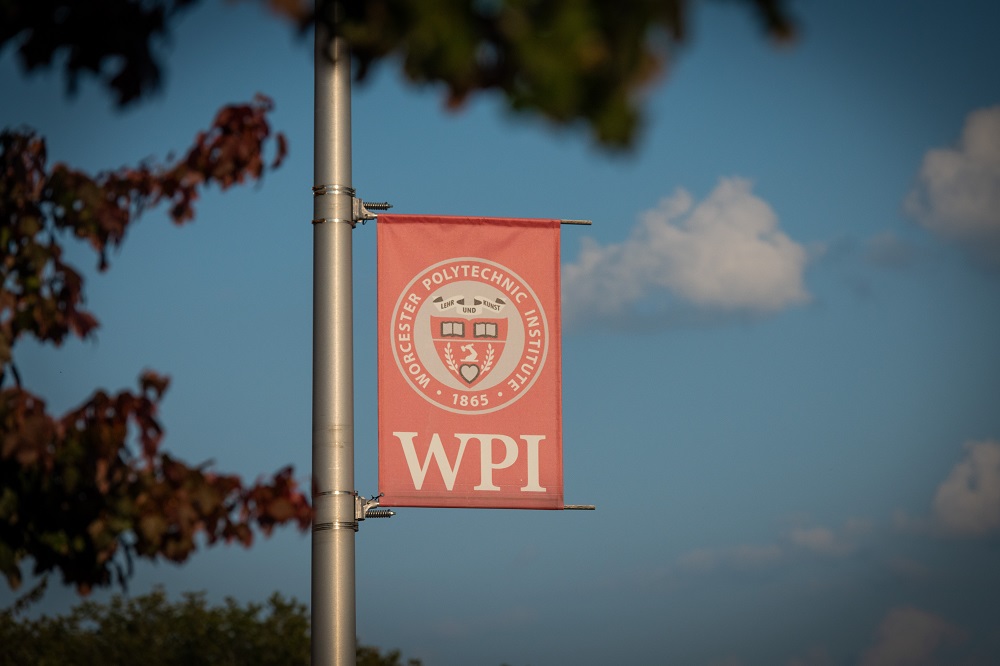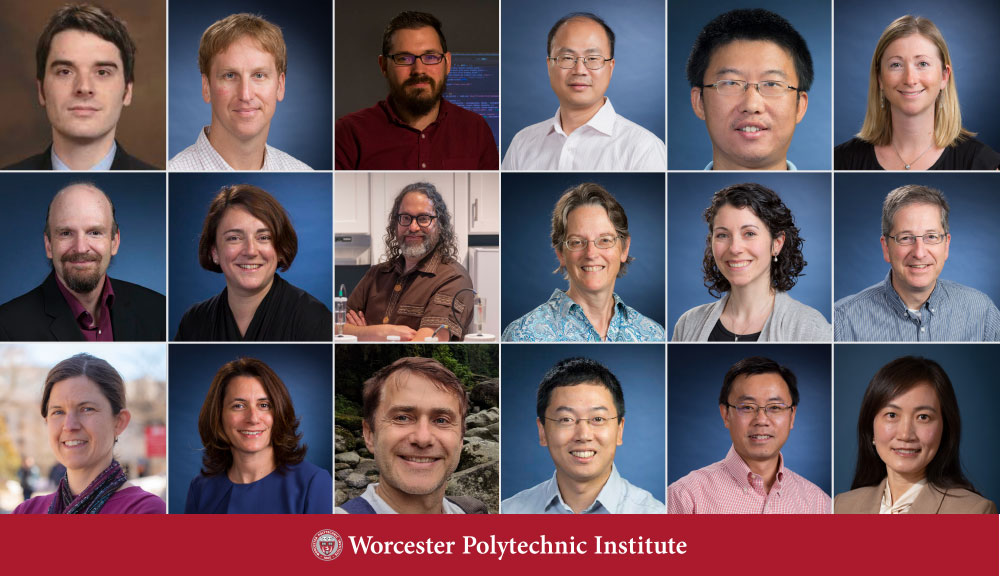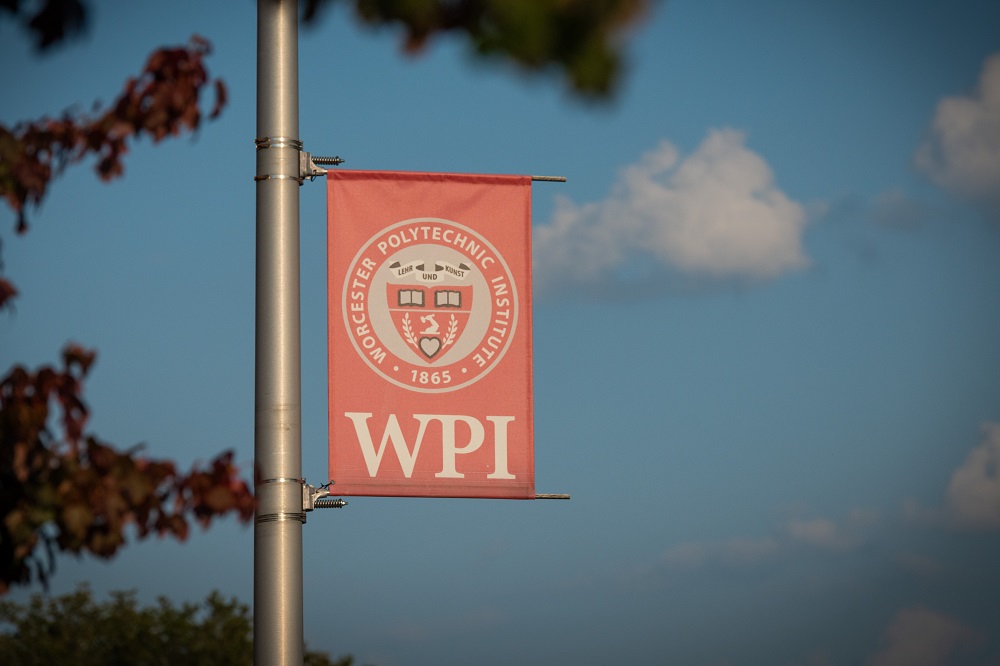
As WPI begins a new academic year, it is also launching its newest interdisciplinary undergraduate and graduate degree programs, in bioinformatics and computational biology. The new programs involve faculty from the departments of Biology and Biotechnology, Computer Science, and Mathematical Sciences. With these additions, WPI becomes the only university in New England with a combined BS/MS program in bioinformatics and one of a few schools in the region with undergraduate and graduate programs in the field.
"These new programs, with their interdisciplinary design, are in a unique position to fill a growing need for bioinformatics and computational biology professionals," said Matt Ward, professor of computer science and director of the new programs. "Graduates can expect to find strong demand for their skills, particularly in the biotechnology, pharmaceutical, and information technology industries.
"In an era of personalized medicine, bioinformatics and computational biology will be the keys to applying our expanding knowledge of the human genome to the development of new medicines," he said. "And with our aging population, the demand for new medicines is expected to accelerate at a rapid pace. Many life sciences companies have already told us that they are eager to hire scientists with the skills to interpret the large volumes of data emerging from life science research and development labs."
"Most bioinformatics and computational biology programs have been developed as concentrations within biology," he added. "But we feel that to become leaders in this exciting and rapidly developing field, students need to be able to ’speak the language’ of computer science and mathematics, as well as biology and chemistry."
Computational biology and bioinformatics involve the application of techniques from computer science and mathematics, including mathematical modeling, algorithm design, visualization, and data mining, to problems in the life sciences and biomedicine. Students in WPI’s BS program in bioinformatics and computational biology will develop an understanding of foundational principles in biology, computer science, and mathematics and then focus on one or more of those areas for their advanced course and project work. Besides offering students a wide selection of interdisciplinary course work, the MS program provides two routes to the degree: an internship option and a thesis option. Interdisciplinary courses developed for the new degree programs focus on bioinformatics, biovisualization, biological and biomedical database mining, and statistical methods in genetics and bioinformatics.
Students in the new programs have the opportunity to pursue their required Major Qualifying Projects, master’s theses, or internships with local life sciences companies, research laboratories, and healthcare institutions, including the University of Massachusetts Medical School.


